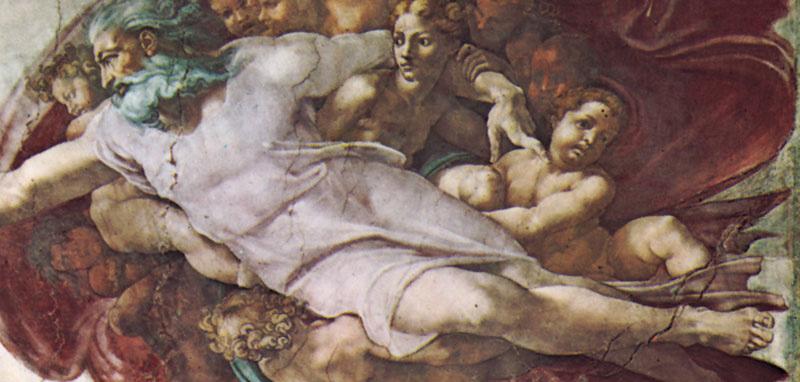
3 minute read
The Human Spirit by Life Member, Mr Louis A Coutts
The Human Spirit
by Life Member, Mr Louis A Coutts
Advertisement
The Creation of Adam, detail of the Sistine Chapel ceiling fresco by Michelangelo, 1508–1512. The painting – one of the most famous of the Renaissance – has become a symbol of humanity: the hand of God and Adam on the verge of touching. Credit: Scala/Art Resource, New York.
The human spirit - invisible, indescribable, elusive and so frequently neglected or ignored - is the energy of the human enterprise. It is the fulcrum of human endeavour. When left free to fly like a butterfly, it endows humanity with moments of sublime poetic beauty. The music of Bach, Beethoven and Tchaikovsky immortally touches generation after generation of receptive souls with exquisite delicacy and tenderly arouses our romantic emotions. The archives of art, poetry, philosophy, literature, history and human endeavour bestowed upon us by our ancestors from Aristotle and Plato, to Chaucer, Shakespeare, Rembrandt and Picasso, together with millions of their eternal fraternity, are forever at the disposal of civilisation, and continually enrich society. When the human spirit is denied, so is humanity and when humanity is denied, society is impoverished. The human spirit needs constant nourishing, otherwise the inspiration that is so necessary to sustain the hope of society is frustrated. The process of nourishment is at once simple and complex, but it involves people following their heart while availing themselves of the richness of thought and human achievement that is our heritage. This heritage is the product of people, who, over the centuries, have been inspired by their ancestors. They want to write, to compose music, to study and advance the study of history, to play musical instruments, to be philosophers, to study and advance the works of the geniuses of the past, to create and to pursue their own dreams. People need to make mistakes in their own journey of discovery. People need to be different because of the richness in diversity. The source of nourishing the human spirit is inquiry and learning. This process was institutionalised by the early mediaeval
universities and that intrepid band of people seeking the “truth” called the Schoolmen. The pursuit of inquiry, the art of logic, the appreciation of beauty emerged into that magic period of human endeavour that we now know as the Renaissance. Art, poetry, literature, music became the currency, and their existence today, 500 years later, still enriches society. This process of inquiry became the tool of scientists who ultimately challenged the theory that the world revolved around the earth. But the essence of that and many other scientific discoveries was the result of the concentration on the process of inquiry divorced from preconceptions. The gigantic discoveries of the splendour and dimension of our universe could never have been made without the emphasis on developing independent minds by the early universities. The study of the humanities changed the course of civilisation. Today, universities are at the crossroads where pragmatism runs counter to their ancient legacy. Training people for jobs is overtaking

the function of developing independent minds. Indeed, there is now an official assault on the traditional role of the university. People who want to pursue their heart in studying the humanities have to pay heavily for the privilege and in so doing, are required to subsidise people who want to be engineers, nurses or doctors. The thrust of this new policy of increasing the fees for people studying the humanities so as to reduce the fees for people studying for jobs, is one of the most catastrophic policies I have come across in my lifetime. It is social engineering similar to the social engineering practised in communist regimes. The government has decided to incentivise people away from pursuing their heart so that they will pursue the course determined by the government. The consequence to our society will be to withdraw the nourishment so necessary for the continuing momentum of the human spirit.










